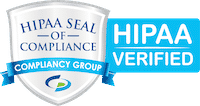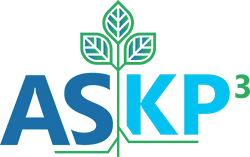A combined 40 years of clinical, research and teaching experience in psychiatry
Rena Doyle BSN, RN
she⦿her⦿hers
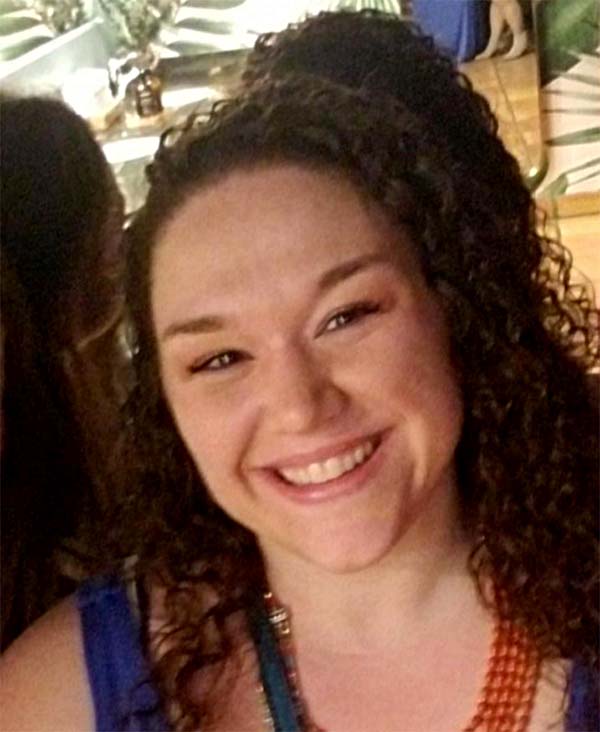
Edgewood College School of Nursing, Class of 2009
Psychiatric nursing has been my niche since day one. With experience in both inpatient and outpatient settings, I am excited to embark on a new journey in providing interventional treatments to mental illness. What I'm even more excited about is serving the community and working with a skilled team, which is paramount to the sucess of all treatment goals.
I have had the opportunity to work with a number of highly regarded mental health clinicians throughout my years of nursing. The experience and first hand knowledge passed along to me is invaluable and incorporated into my approach of providing treatment and interacting with others. I strive to make connections, use a genuine and empathic approach to all and always hope that my interaction is helpful, kind and useful. I believe these qualities will assist individuals I will encounter in the setting we are creating at Accelerated Psychiatry.
Being offered the opportunity to be a part of the group at Accelerated Psychiatry feels like exactly 'the place' I need to be right now as a nurse and as a person. Working with Brendon, Erick and Melissa is a part of something I believe will be hugely valuable to our community and the approach to psychiatric treatment for the future. As cliche as it may sound to say that I went into nursing because I wanted to 'help people'; this is the simple truth and the same vision and goal all members at Accelerated Psychiatry share together.
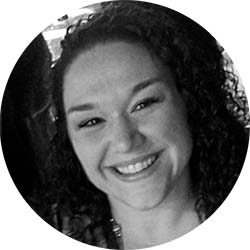
Brendon Nacewicz MD PhD
he⦿him⦿his
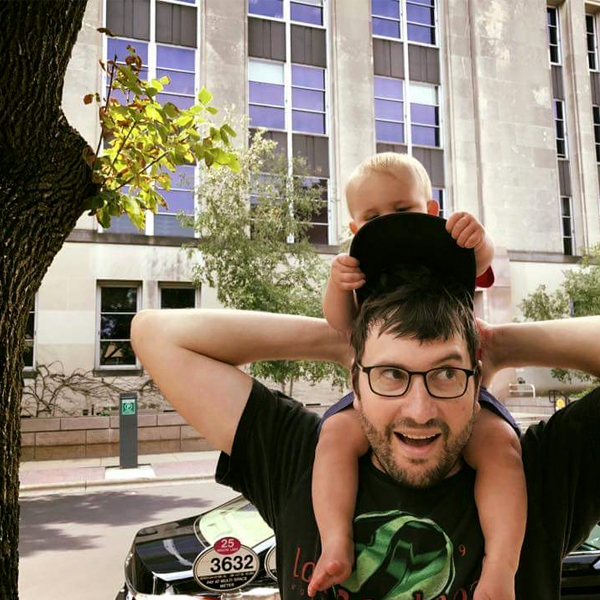
BS Molecular Biology
PhD Neuroscience
MD Psychiatrist
I was accepted into med school at age 18. OK, it was really an undergraduate+medical school program designed to keep good students here in Wisconsin (it worked!). I finished my BS in molecular biology around the time RNA interference was just discovered and the human genome project was supposed to make all of medicine customized to your personal genetics. Once I started medical school, however, I saw nothing even close to that. Curiosity and wonder about the invisible motors and living wires in our bodies were quickly silenced because “That’s not going to be on the test!” I found I hated the culture of medicine. The extraordinary amount of knowledge required to practice medicine—combined with the inhumane pace of medical education—favored memorization over understanding and doctor’s egos over the wellbeing of their patients. Memorizing what treatments to use instead of learning how each one works in the body does not prepare you to evaluate or discover new treatments.
I’m biased though: I fell in love with research late in college, and by my second year of medical school I chose to “take a break” and do a 7-year PhD in Neuroscience. I prided myself on doing “hard science” in neuroimmunology as part of my rebellion against a strong family background in psychology, but then a psychoneuroimmunology seminar series at my first scientific conference set me straight. Data showed irrefutably that the social stress from re-grouping mice in new cages, where they have to negotiate an entirely new social hierarchy, had a more powerful effect than most immunological treatments. In other words: social stress was somehow different from physical stress and much more powerful in its ability to affect health. I’ve spent the rest of my research career trying to understand social stress.
To really study this, I changed to human research and found brain signatures of social impairments in Autism Spectrum Disorders. I adapted a model from depression research and was able to unite all the seemingly conflicting findings in my field, providing one of the earliest brain imaging biomarkers of severity in a psychiatric disease. This was only possible because Andrew Alexander PhD and a lot of talented scientists at the University of Wisconsin—Waisman Brain Imaging Center taught me an engineering approach to inventing new technologies. From the theoretical side, my thesis advisor Richard Davidson PhD, taught me to focus on the differences in symptoms and biology between individual people with a disorder instead of the differences between a disease group and a control group. This work also required a firm understanding of the cellular neuroscience and mechanisms of stress and depression. I truly do not think you can be innovative or effective in adapting new technology unless you understand all the science we have about how it works.
After earning my PhD, I returned to medical training, and data from a collaborative project led by Jamie Hanson PhD showed the same brain changes we had found in autism in children who were orphaned & neglected, physically abused, or raised in severe poverty. This hit me hard, in part because I was learning to treat veterans with combat trauma in my Psychiatry residency, and I saw some of the same social impairments when someone was experiencing a posttraumatic stress flare. I trained in evidence based trauma psychotherapy (EMDR) and got to see how different each person is in facing fears and ultimately overcoming them.
Specializing in trauma and exposure therapy changed me too. Unlike everything in traditional psychiatric training, I actually saw people get all the way better—or at least better enough that they did not need a psychiatrist or psychologist for years. Unfortunately, it made me incredibly aware how much our medical and mental health system is designed to make everyone a patient for life instead of getting them back on their feet. On the research side, it was becoming clear that you could give several different medications after psychotherapy and heal people even more quickly. But nobody was using it clinically. The chasm between psychology and psychiatry and the entrenched expectation that nobody should get better quickly if at all ultimately led me to give up on our system. The amount of trauma and distress caused by COVID-19 simply cannot be addressed by a system that was already overwhelmed before the pandemic.
But I do have hope. I had seen incredible clinical improvements in my patients after brain stimulation treatments (TMS), improvements that lasted for months even without medications. I was dumbfounded by how hard it was to get ketamine treatments, the first FDA-approved rapid-acting antidepressant treatments, despite the excitement about it in research since the early 2000s. I was exasperated that so many other psychiatrists were fine with the fact we weren’t using these faster and more effective treatments more. Then I asked Dr Erick Sheftic a question about the availability of Theta-Burst Stimulation (TBS) in Madison. He shared my frustration and, to my surprise, ready to take his experience with our most effective techniques (TMS, electroconvulsive therapy) and start a treatment center for rapid-acting, highly effective psychiatric interventions. He was planning a ketamine clinic and I told him I’d join him if we could get a good TMS system, and Accelerated Psychiatry was born.
As President and Co-Founder of Accelerated Psychiatry, I am excited to work with our amazing team to build a new model of psychiatry. Every step of the way, we have prioritized our focus on people, starting with assembling a team of expert psychiatric specialists who are also just great people to be around all day. We believe that the best care is only possible when our expert treatment team, our referring mental health specialists, and our patients are not bogged down by insurance approvals, and billing documentation. We brought together ReferralMD for easy, paperless referral tracking, Practolytics for ketamine-specialized insurance authorizations and billing, Osmind software built by psychiatrists to monitor progress in ketamine treatment, and so much more to improve everyone’s experience of medical care. I love what we built and we are going to keep improving our model of healthcare centered on provider-patient interactions.
As you’ll see on our science page, I am continuing imaging research with Dr Vivek Prabhakaran MD PhD and Nagesh Adluru PhD in UW Radiology. I am also combining neurochemical imaging with research on L-DOPA assisted exposure therapy for PTSD with Josh Cisler PhD, who is now at UT Austin. Check out our science page or our model of how adversity leads to social disconnection and depression. We are not currently conducting clinical research at Accelerated Psychiatry, but our focus on just a few techniques means I can keep doing what I do best: learn as much of the science as possible and use that to bring new treatments to practice safely and quickly.
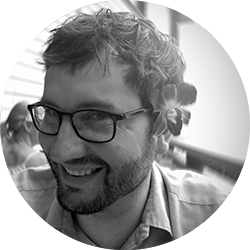
Erick Sheftic MD
he⦿him⦿his
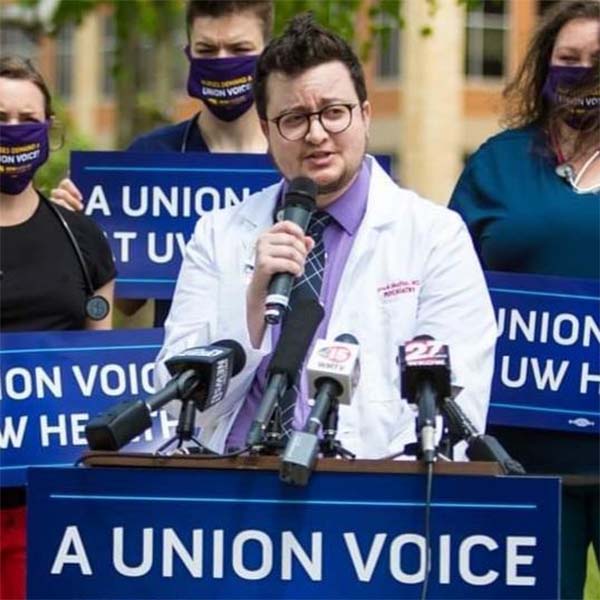
Undergrad: College of Charleston, Class of 2009, BS Biology, Minors in Chemistry and Psychology
Medical School: University of South Carolina School of Medicine, Class of 2015
Residency: Psychiatry, University of Wisconsin, Class of 2019
Throughout my practice, I have seen many patients in the clinic who struggled to get relief from traditional antidepressants or who had intolerable side effects. On the inpatient unit, I saw people who were so incapacitated by their depression that they stopped eating and caring for themselves, as well as patients with severe suicidal thoughts and despair after many years of suffering.
I was fortunate to receive training from psychiatrists who introduced me to different interventions such as Transcranial Magnetic Stimulation and Ketamine Infusions. So far, these therapies have shown immense potential and there is new research coming out all the time. That's super exciting and I wanted to be a part of this new and innovative work.
I also noticed that there were not enough psychiatrists offering these potentially life-saving treatments, and waiting lists were way too long. So I decided to take a leap of faith and start this clinic, along with my colleagues Brendon, Rena, and Melissa, who are just as committed to this project as I am.
My goal is to strike a balance with providing modern and cutting-edge treatment, while also making sure that what we do is backed up by solid medical research. And most of all, I want to do right by you as a person. That means carefully listening to your stories, feedback, suggestions, and ideas, so that we can provide the best possible experience.
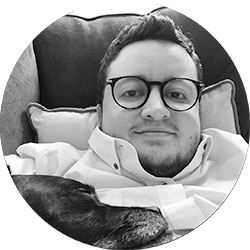
Copyright 2021 by Accelerated Psychiatry SC, All rights reserved.
